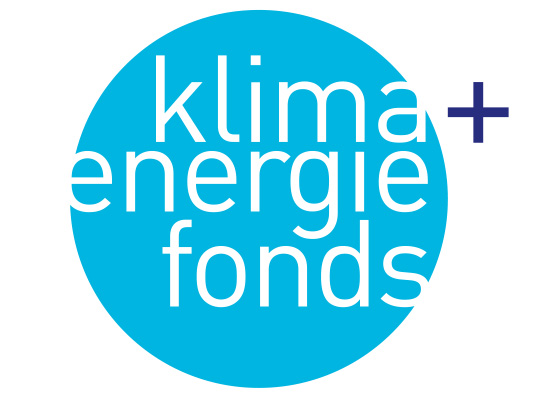Subsidies for fossil energy are a key barrier to implementing the Paris Agreement
Myth
Renewables have been receiving subsidies for many years and there is still no end in sight. It looks as if these technologies cannot exist without being subsidised.
Facts
Taking into account national subsidies provided through tax breaks and direct spending, investments by majority state-owned enterprises, and public finance from majority government-owned banks and financial institutions, the G20 countries alone provided approx. USD 450 billion in annual subsidies for fossil energy production (based on numbers from 2013, 2014).
Fossil fuels subsidised by lower taxation
Indirect taxes on heating oil in EU countries: Austria is far below the European average
Source: Data from European Commission 2016
Subsidies and tax breaks for fossil energy are still a barrier to a fair market and a successful implementation of the Paris Agreement. The structure of taxation allows different grants and benefits for the production and/or use of fossil energy. For example in more than 700,000 households heating oil is still in use causing costs of approx. EUR 1 billion and 3.4 million tons of CO2 emissions. Low oil and natural gas prices delay the shift to renewable energies, especially due to low taxation of heating oil and natural gas. In contrast to gasoline (48.2 ct/l) and diesel (39.7 ct/l) heating oil has a significantly lower petroleum tax with 9.8 ct/l. Austria’s heating oil taxation is considerably lower than the European average (chart includes all indirect taxes). Related to its energy content natural gas (6.6 ct/NM3) is taxed at a very low level too.
A study by the Austrian Institute of Economic Research (WIFO) assesses environmentally counterproductive subsidies and taxes in Austria. The analysis focuses on direct subsidies and preferential tax treatments (indirect subsidies) in the areas of energy generation and use, and transport. Based on the years 2010-2013 it calculates an annual amount of EUR 3.8 to 4.7 billion. At international level many subsidies for fossil energy are still in place. Taking into account national subsidies provided through tax breaks and direct spending, investments by majority state-owned enterprises and public finance from majority government-owned banks and financial institutions an international study by ODI estimates that G20 countries provide approx. USD 450 billion in annual subsidies for fossil energy production (based on numbers from 2013, 2014).




